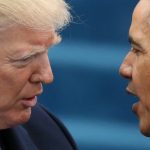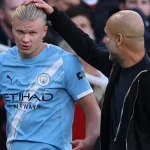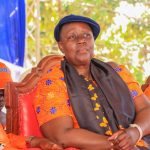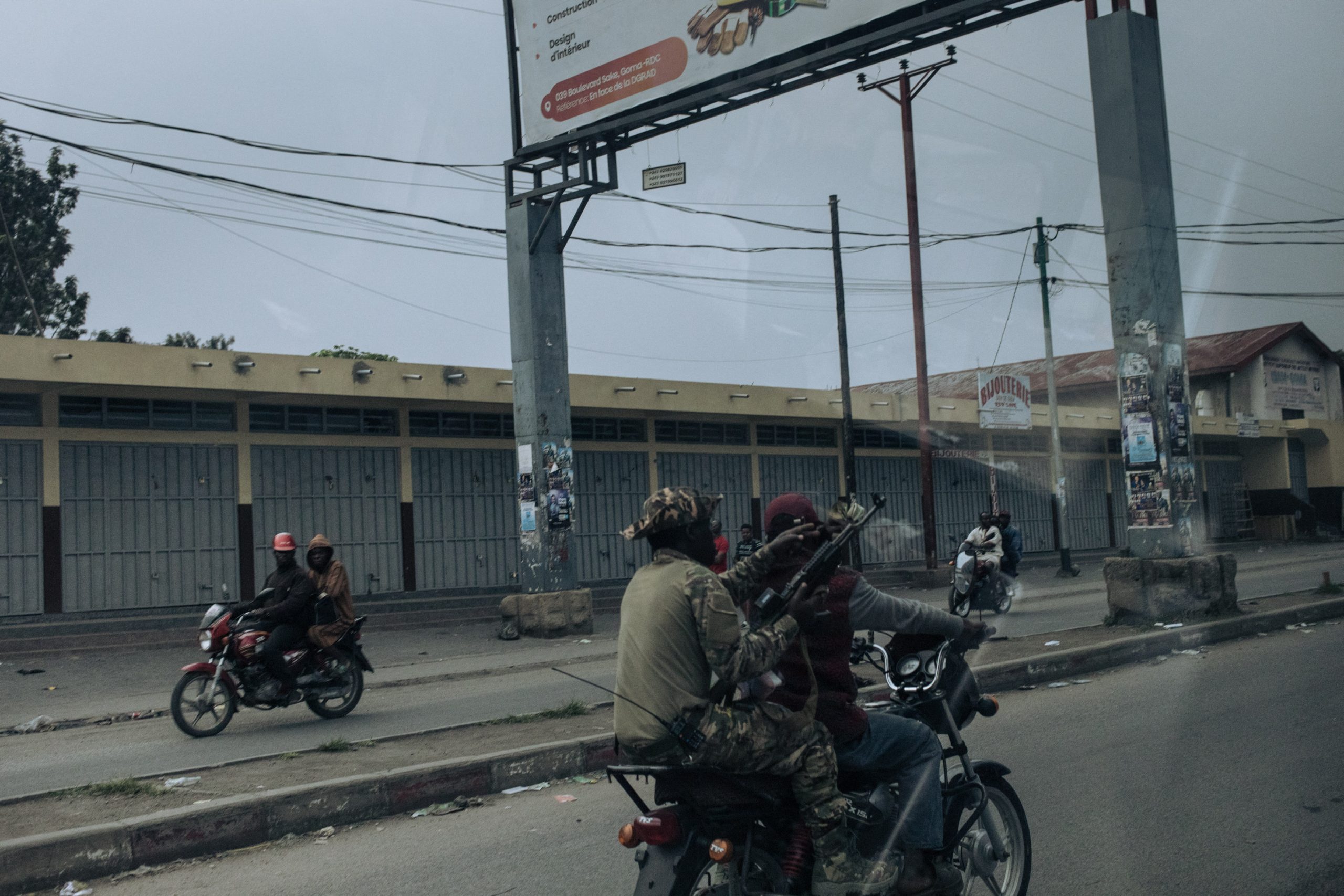
The group took Goma, the capital of North Kivu province, after intense fighting earlier this week and has vowed to march all the way to the capital Kinshasa.
The weeks-long offensive has marked a dramatic escalation in a region that has seen relentless conflict involving dozens of armed groups claim the lives of an estimated six million people over three decades.
The Democratic Republic of Congo accuses Rwanda of seeking to profit from the region’s wealth of minerals which are used in global electronics — a claim backed by UN experts which say Kigali has “de facto control” over the M23.
Rwanda denies this — and any military involvement — saying its primary interest is to eradicate a group composed of Hutu militants formed in the wake of the 1994 Rwandan genocide.
The burgeoning crisis has rattled the continent and international observers, as well as provoking warnings of a spiralling humanitarian crisis in an area with hundreds of thousands of displaced people.
The southern African regional bloc SADC held an emergency summit in Zimbabwe’s capital Harare on Friday, which was attended remotely by Congolese President Felix Tshisekedi.
Before the leaders went into closed-door talks, the bloc’s chair, Zimbabwe President Emmerson Mnangagwa, said “our region stands ready to intensify efforts to protect SADC citizens from all forms of instability”.
A new military governor for North Kivu was sworn in on Friday in the city of Beni, which was declared the new provincial capital after the fall of Goma. North Kivu’s previous governor died last week after being shot near the front line.
Meanwhile, M23 fighters have been moving south towards the city of Kavumu in neighbouring South Kivu.
The city has a strategic military airfield and is where the Congolese army has laid down its defensive line just 40 kilometres north of South Kivu capital Bukavu.
– ‘Ready to die’ –
In Bukavu — home to two million people, and the second biggest city in eastern DR Congo after Goma — an AFP reporter saw long lines of volunteers queuing to join a Congolese militia that has been fighting alongside the army.
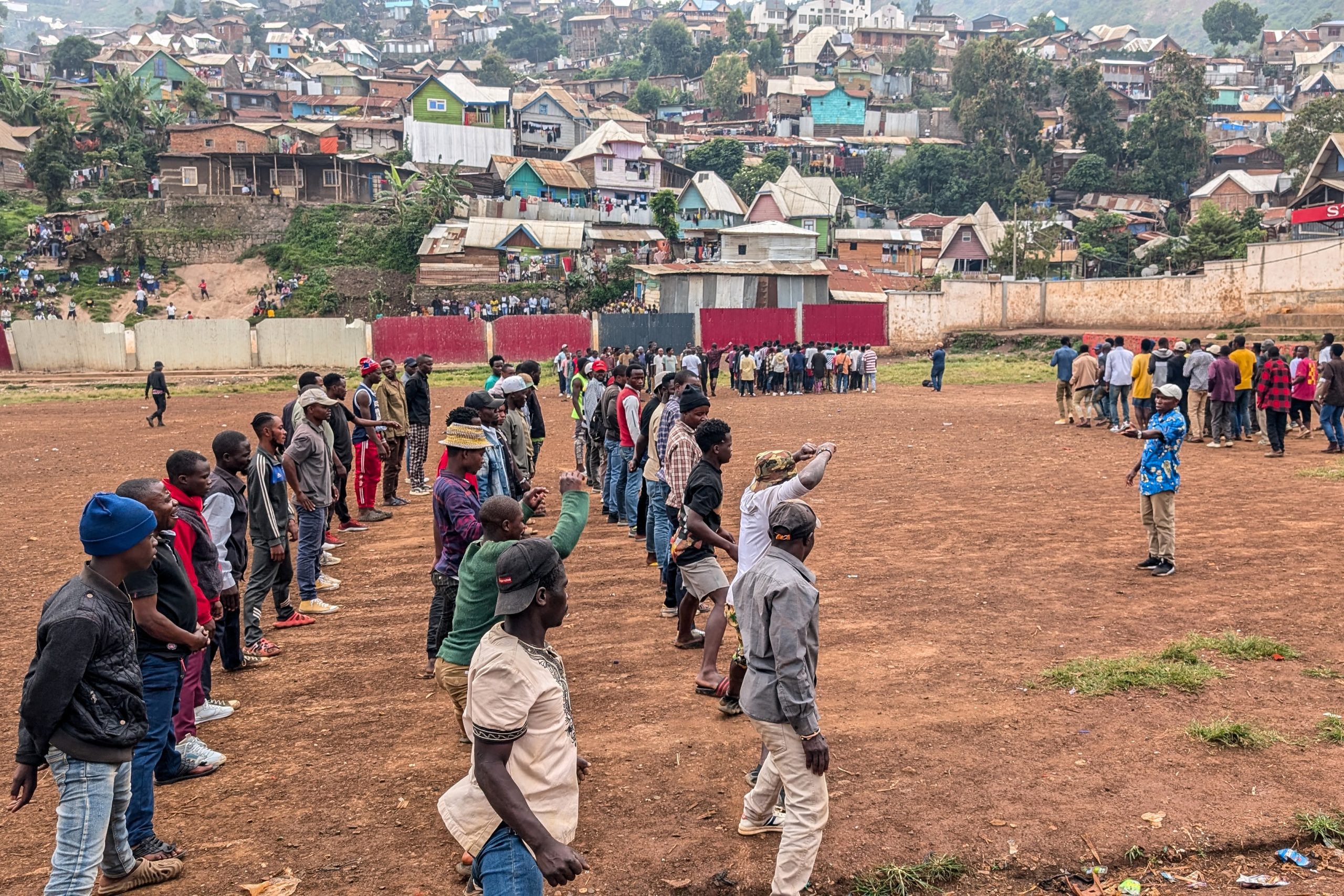
Scores of young men carried out drills on the red earth inside a stadium, a day after the provincial interior minister called on people to enlist to fight back against the M23.
“I am ready to die for my country,” volunteer Juvenal Bahati Muhigirwa Ndagano told AFP.
In Kinshasa, dozens of people donated blood after the health ministry issued a call to help soldiers and civilians wounded around Goma, where sporadic clashes have still been occurring on the northern outskirts.
“We can’t just say we love the country on social media — we have to act to save lives,” Amy Vodu, 30, told AFP.
After clashes that killed more than 100 people, according to an AFP tally, running water and electricity have started returning to parts of Goma.
Next to a church with a roof punctured by shelling, and near looted shops with doors destroyed by gunfire, a woman who did not want to give her name pledged her support for M23, telling AFP she hoped the group would quickly secure the city.
Then she fled as an M23 truck drove past, fearing she would be seen with the media.
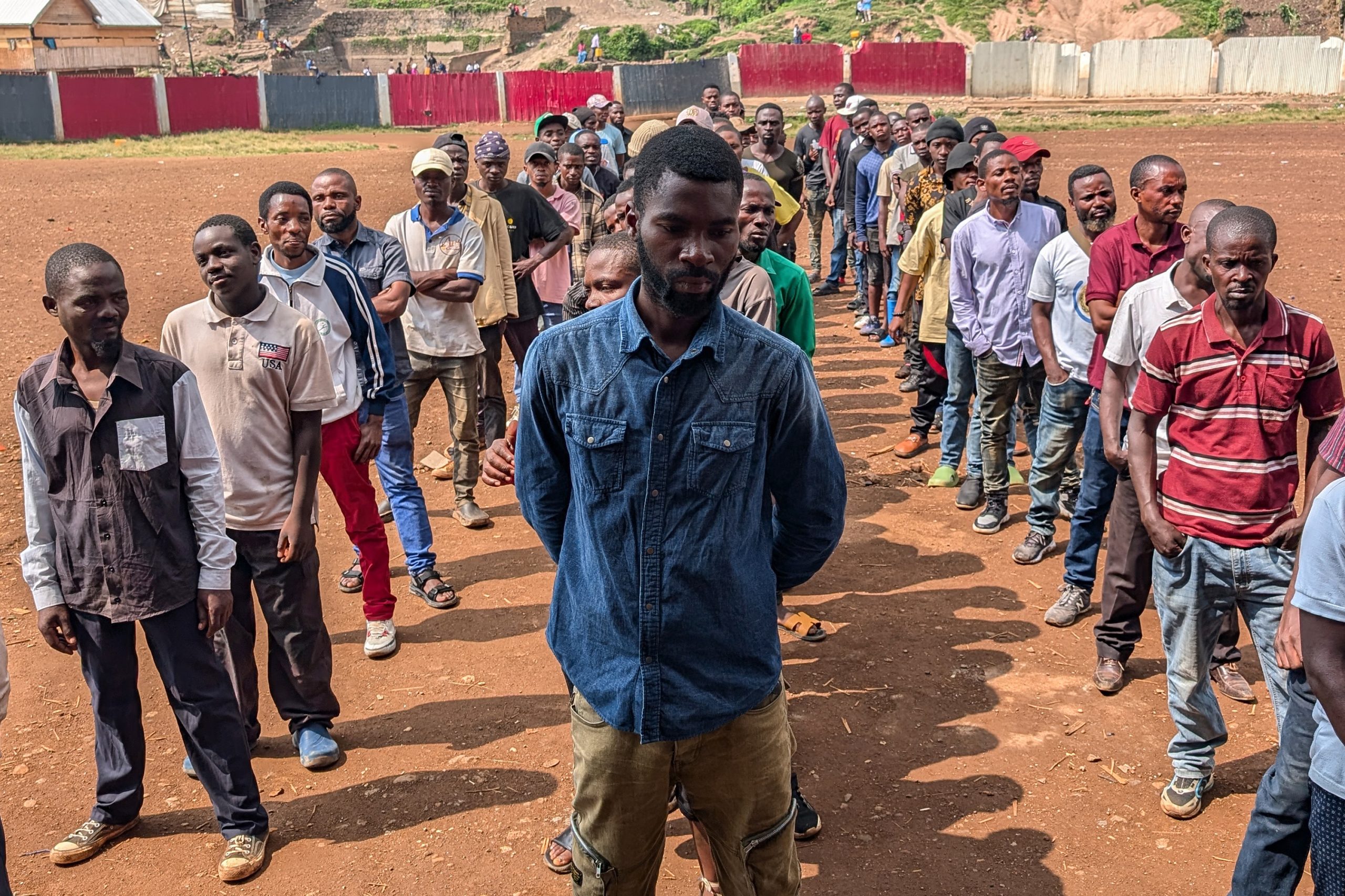
Also in Goma, a few dozen people attended a protest against the Congolese government, shouting: “we are tired of Tshisekedi”.
The United Nations said Friday it had documented evidence of the summary execution of “at least 12 people by M23” in the last week and were verifying reports that 52 women had been “raped by Congolese troops” in South Kivu.
Many Western nations, as well as China and conflict mediator Angola, have called on Rwanda to withdraw its forces from the vast central African country.
Belgium has urged the European Union to consider sanctions, while Britain said it was considering reviewing aid to Rwanda.
But Rwanda’s Foreign Affairs Minister Olivier Nduhungirehe told AFP on Friday that “the reaction of Western governments is none of our concern”.
The conflict has also sparked tensions between Rwandan President Paul Kagame and South African President Cyril Ramaphosa after 13 South African soldiers were killed in DRC’s east.
burs-cld-rbu-dl/yad
© Agence France-Presse

